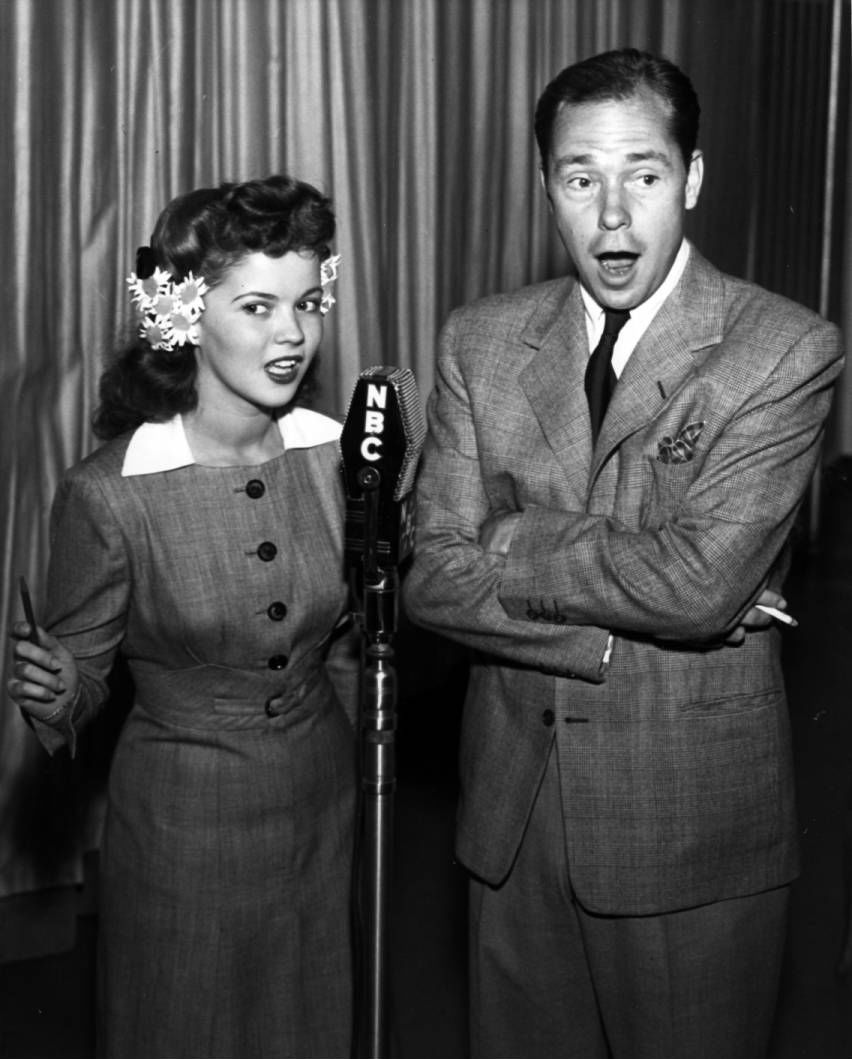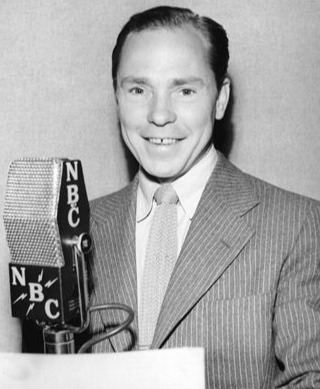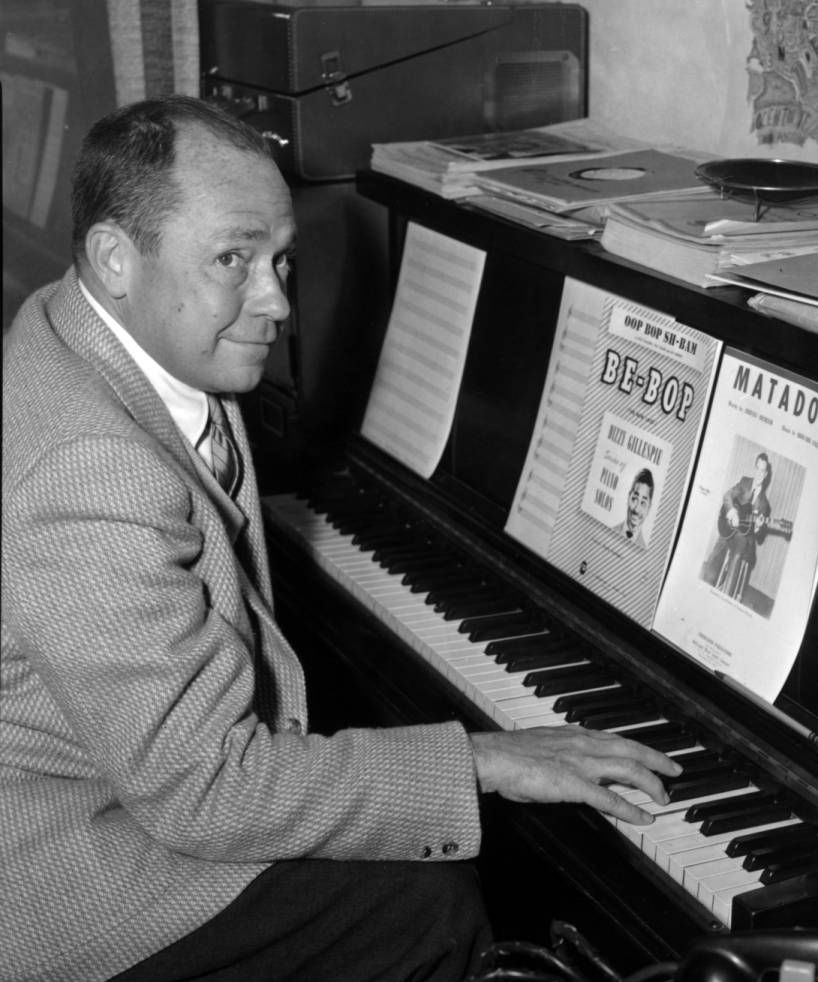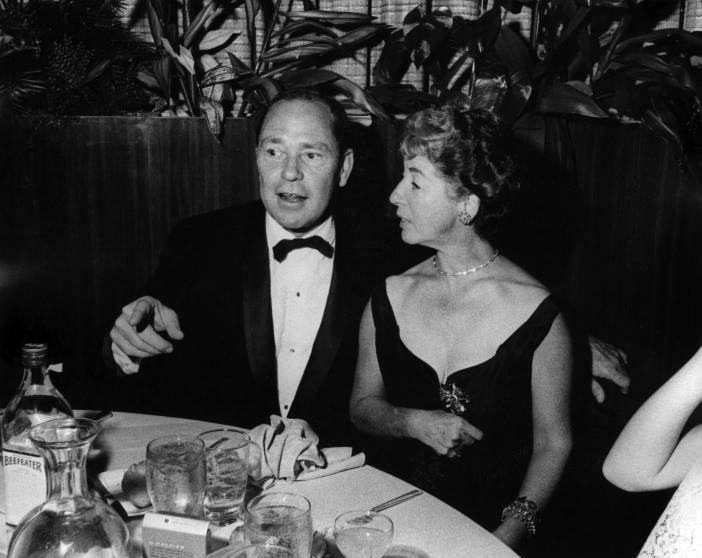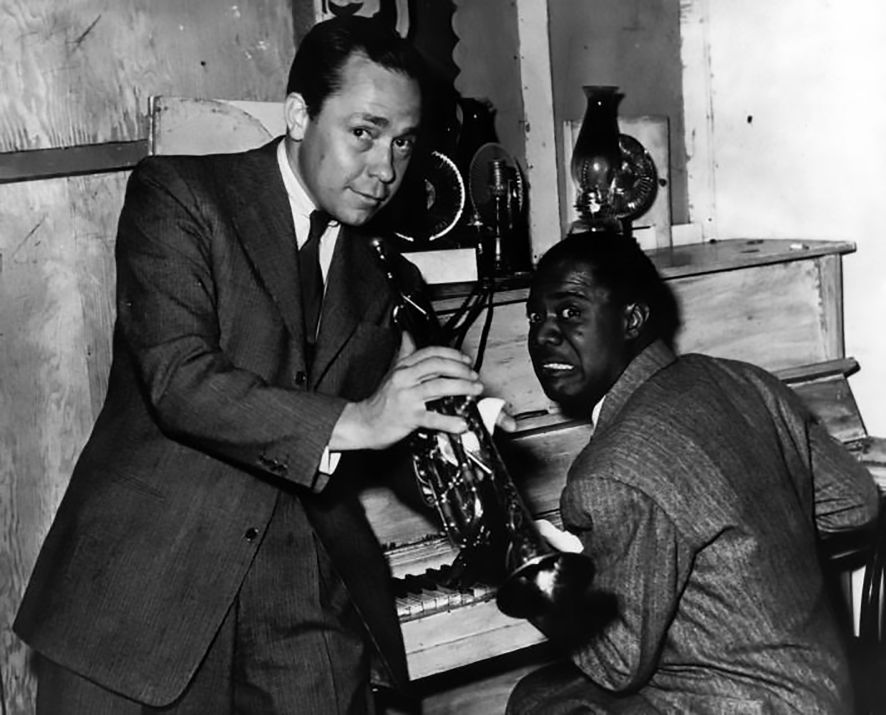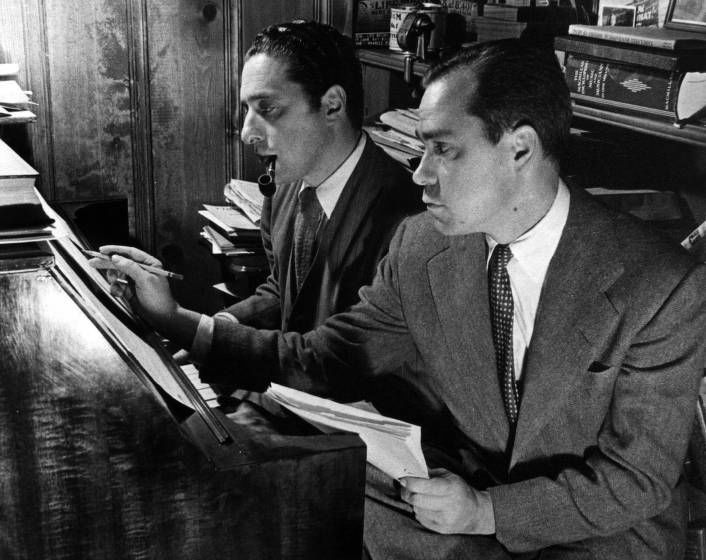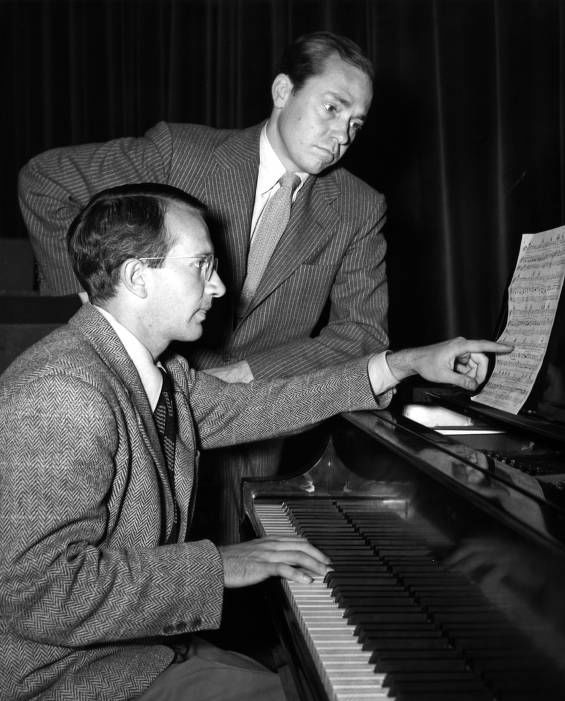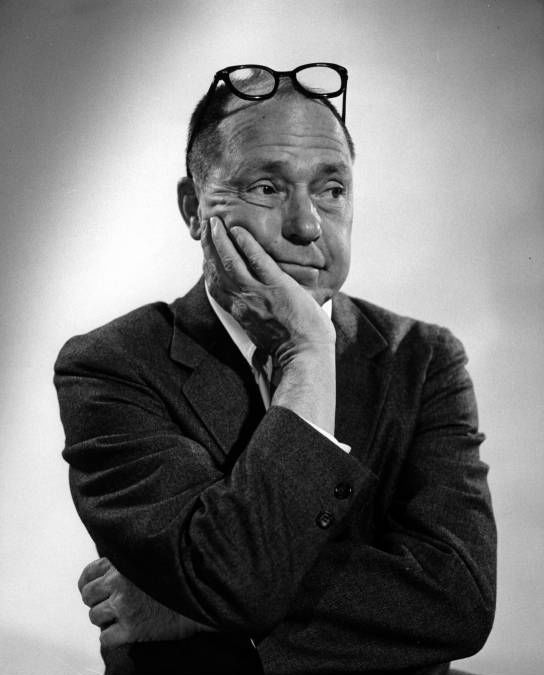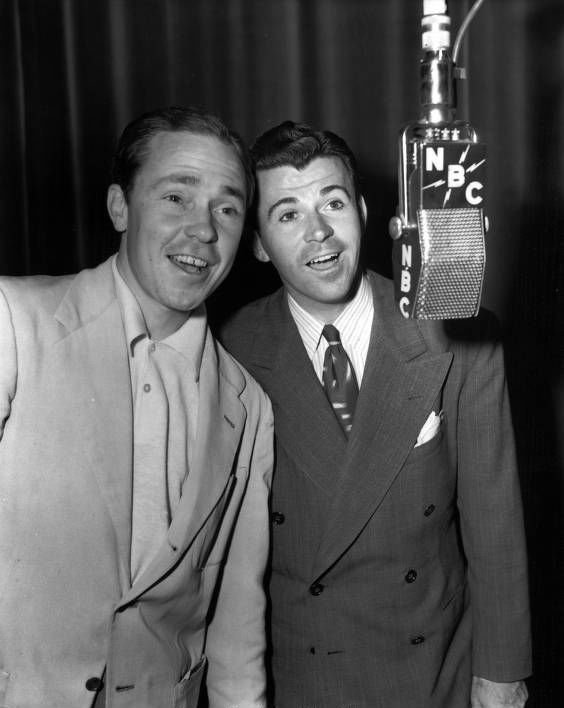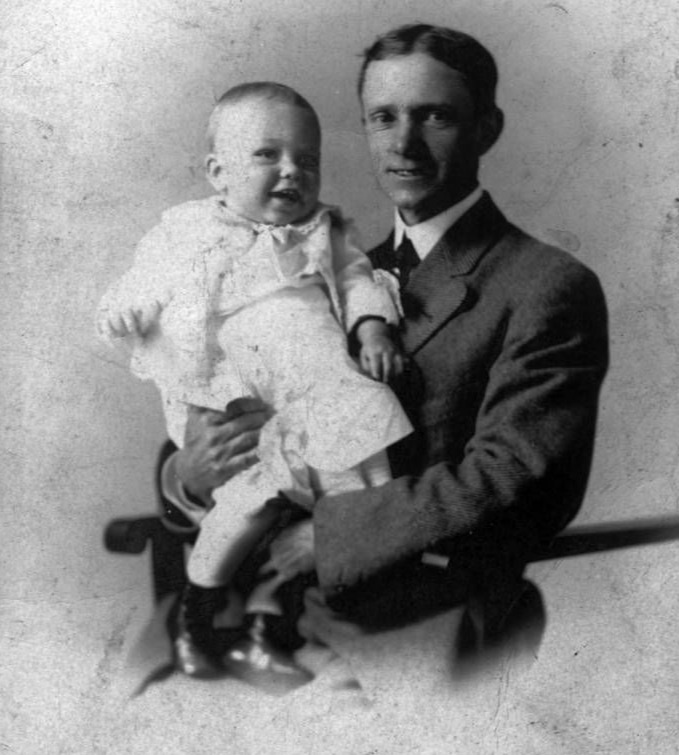
George Mercer with infant Johnny
courtesy Georgia State University
Our Savannah Son
When people write about Johnny Mercer, they usually talk about his fabulous career, the sheer quantity of his output, the speed and ease with which he wrote, his southern charm, the hip sophistication of his lyrics. But all this misses the real point. Ask anyone who writes lyrics. Johnny Mercer was a genius.
He was born John Herndon Mercer on November 18, 1909 into an old Southern family in Savannah, Georgia. His father was a wealthy attorney with a flourishing real estate business, and young John was sent to a fashionable prep school, the Woodbury Forrest School in Virginia. However, when he was 17, his father's business collapsed, and his father found himself a million dollars in debt. Rather than declare bankruptcy, his father dedicated the rest of his life to paying off that debt, and suddenly young John Mercer, no longer able to go on to college, was on his way to New York City, hoping to make good as an actor.
Acting, however, was not to be Mercer's destiny. He got a few bit parts, and took other jobs to survive, including a stint as a Wall Street runner, but his first small break came in 1930 when a song for which he had written the lyric was sung on Broadway in The Garrick Gaieties of 1930. In 1932, he won a singing contest and landed a job as singer with the Paul Whiteman Band. Whiteman introduced him to Hoagy Carmichael, and soon Mercer and Carmichael had a hit with "Lazybones" (1933). Composers quickly discovered his talent, and his career as a lyricist took off.
